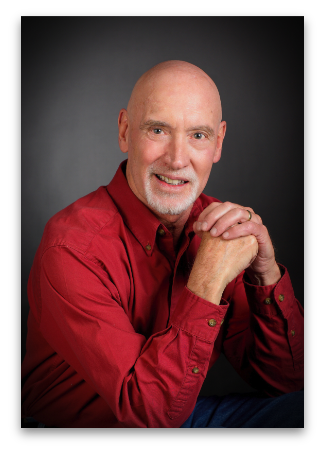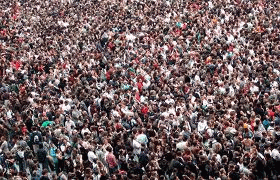>
That would be 500 with nine zeroes. Given that we are at
about 7 billion now, this is not completely impossible to visualize. Look
around you and consider that for each person you see, there would be 71 more
people flocked around them, or about three standard classrooms more for each
person in sight. I admit it is a stretch, particularly on a New York or Mexico
City street, but I am about it argue that this number is a healthy, reasonable one
to aim for. With one caveat.
And the caveat is actually a simple one: Spread this number
out over time. Lots of it. For anyone concerned about bringing more people, or
souls, to Planet Earth, this should be an appealing idea. It should likewise
appeal to anyone who actually likes humanity and would like to see it go on.
What got me thinking about this notion (aside from pondering
it in general terms for the past few decades) is an article I linked to
recently, regarding a report from the United Nations, which projected that by
the end of this century the world population will reach 11 billion.
Biologists and other thinking people well recognize that we
are far past the carrying point for sustainability, as things stand now. I
forget how many earths it would take to keep up our consumption and pollution
rate at what it presently is, never mind if our numbers continue to expand, but
that number doesn't really matter since we only have one earth to work with
anyway.
You don't need David Attenborough or Derrick Jensen or any
number of tens of thousands of scientists to point out that we are vastly
beyond earth's carrying capacity for ourselves, and consequently on the verge
of extinguishing ourselves, long before the traditional lifetime of a species,
about 4 million years. And yet we've only been around for 50,000 years, give or
take, depending on what you call our species and whom you talk to. That's
mighty pathetic for Homo so-called sapiens, Latin for "wise man." (I will avoid
other names I can think of for our species; they would show up as mostly
asterisks, exclamation points, and so on anyway.)
After the link I posted, a thoughtful commenter suggested
that we aim for a population of 3 billion. Which of course is a lot better than
11 billion, but it would still be one hell of a lot of us. And, really, just
why do we need that? Is there some point we should be aiming for that would
make sense for not just ourselves, but other creatures who not only live side
by side with us, but who are a part of the web of life that makes our existence
possible?
The late, great David Brower suggested that we strive for a planet
"graced with human life," rather than one teeming with it. That idea holds
great appeal for me, perhaps because I have always held great respect for
nature and marvel more each year at how it works and has worked in creating the
web of life we are part of. Anyone paying even a little attention to the things
we're learning about ourselves, about life, and about the universe generally,
must surely stand in awe and wonder at the fact that we are even here at all.
(Note: You can view every article as one long page if you sign up as an Advocate Member, or higher).






